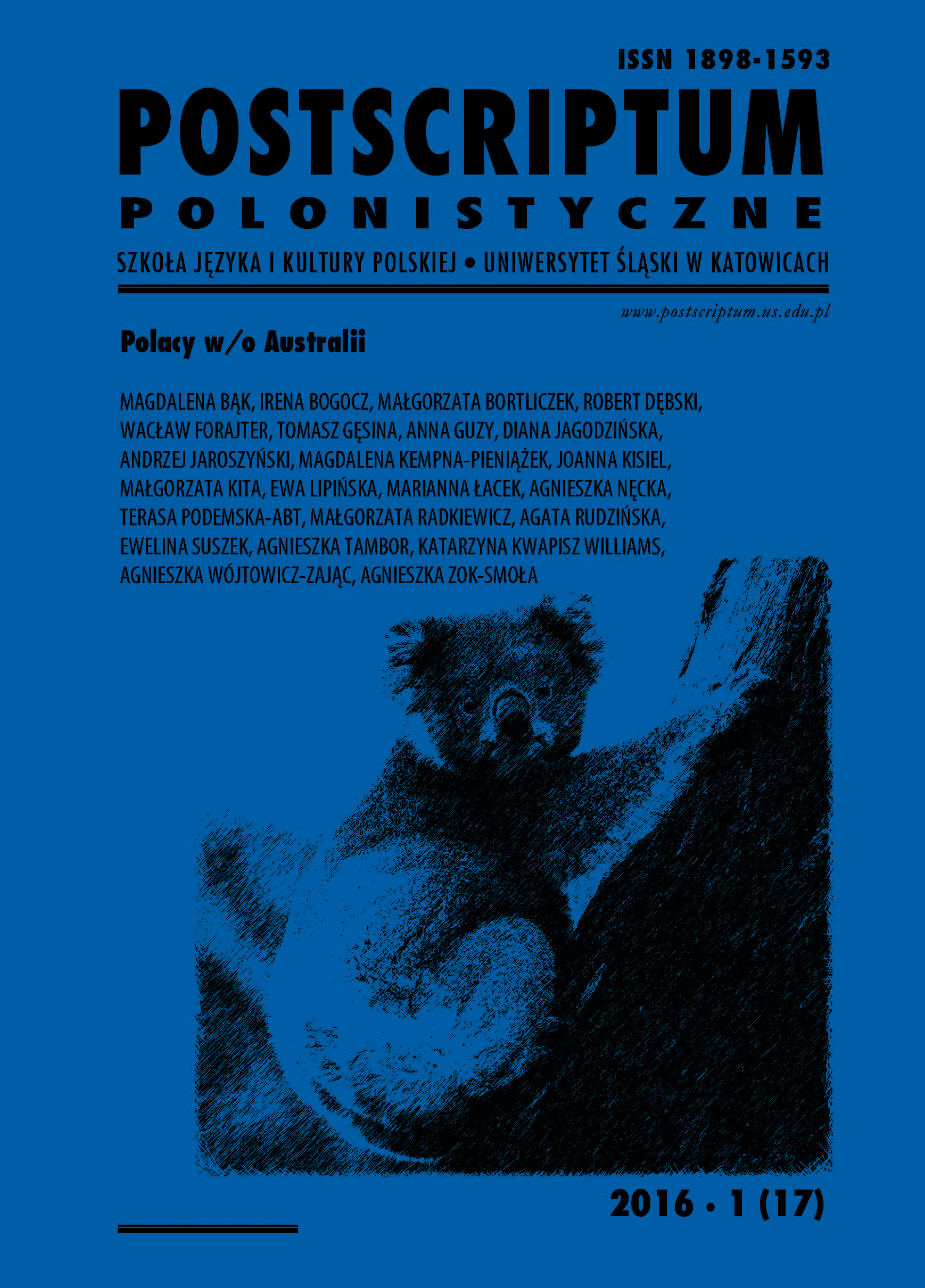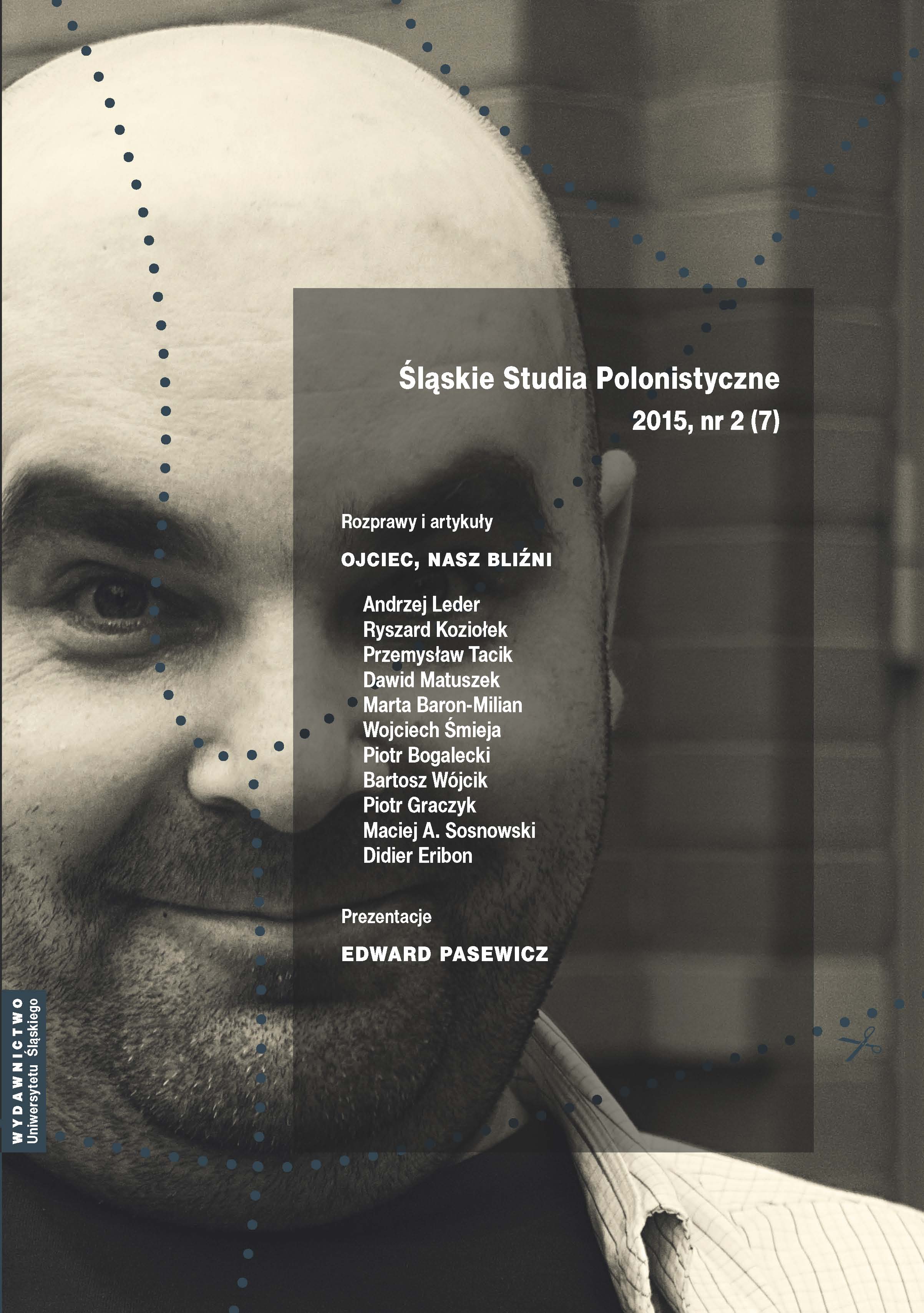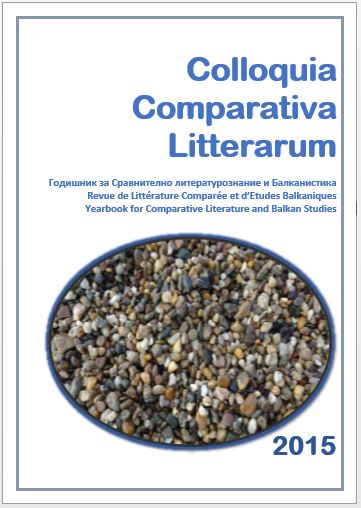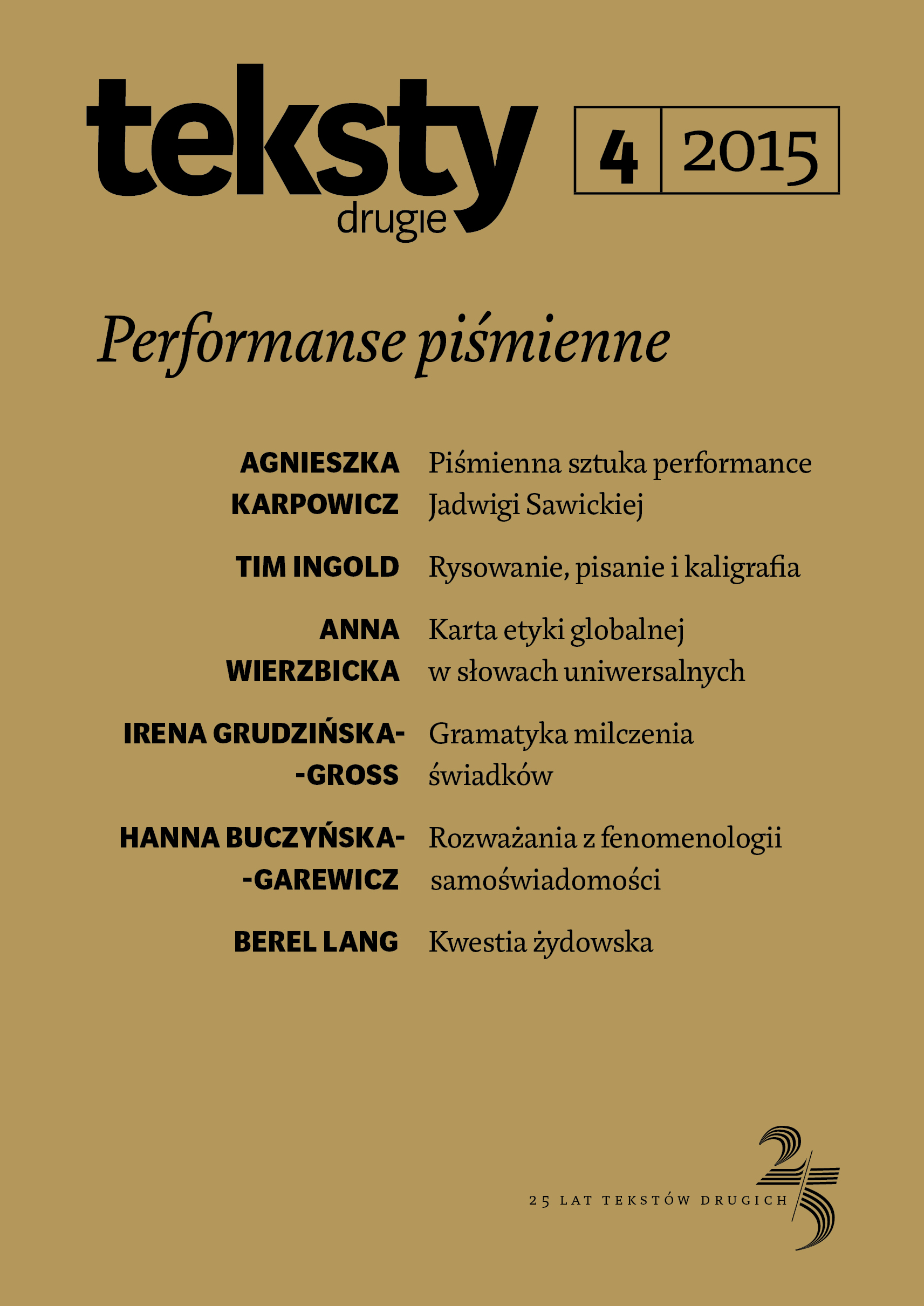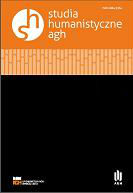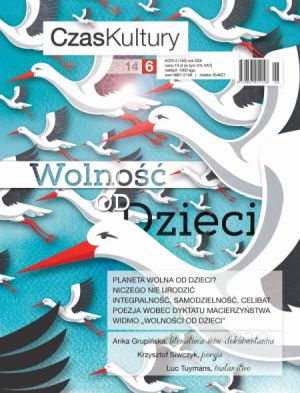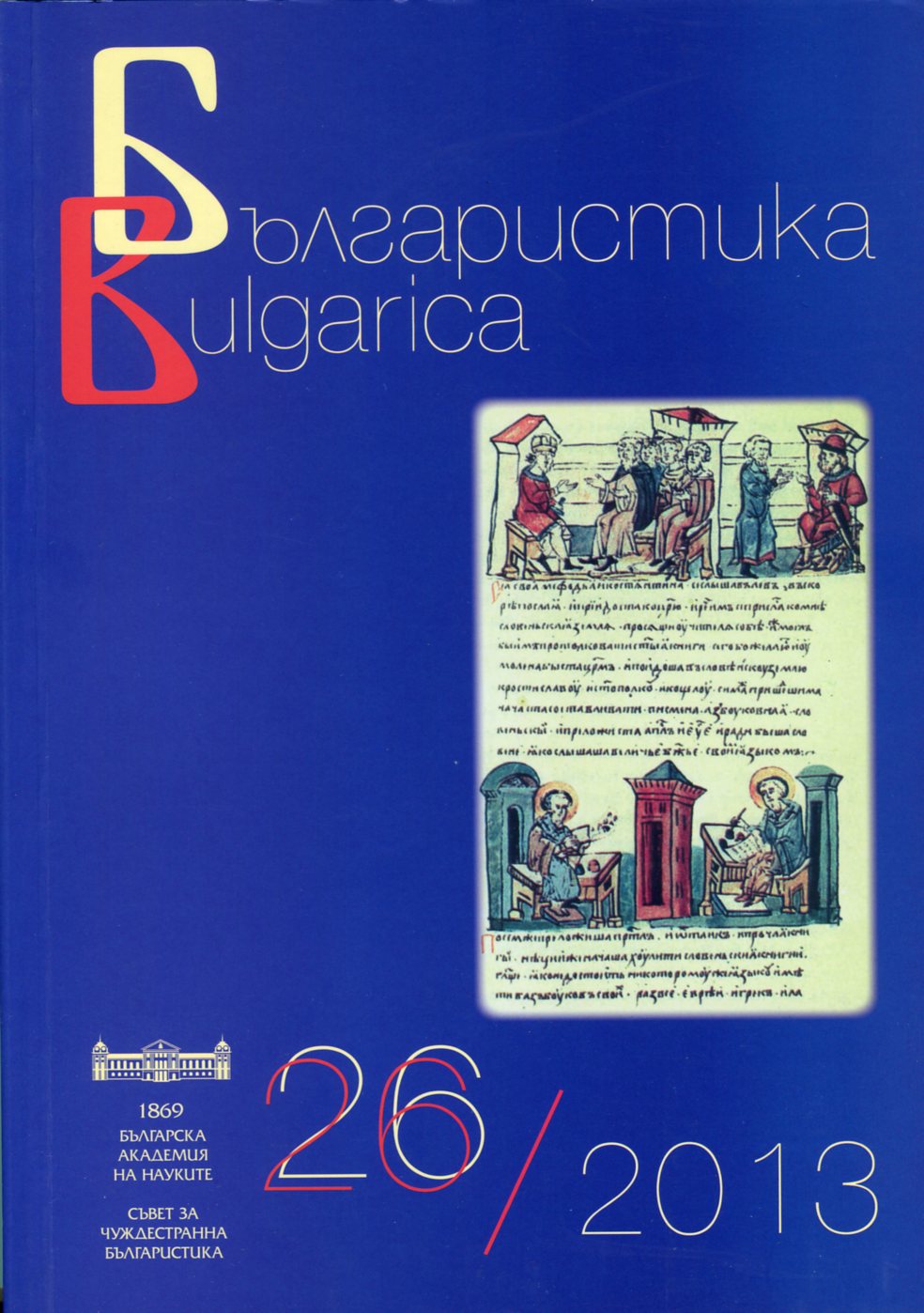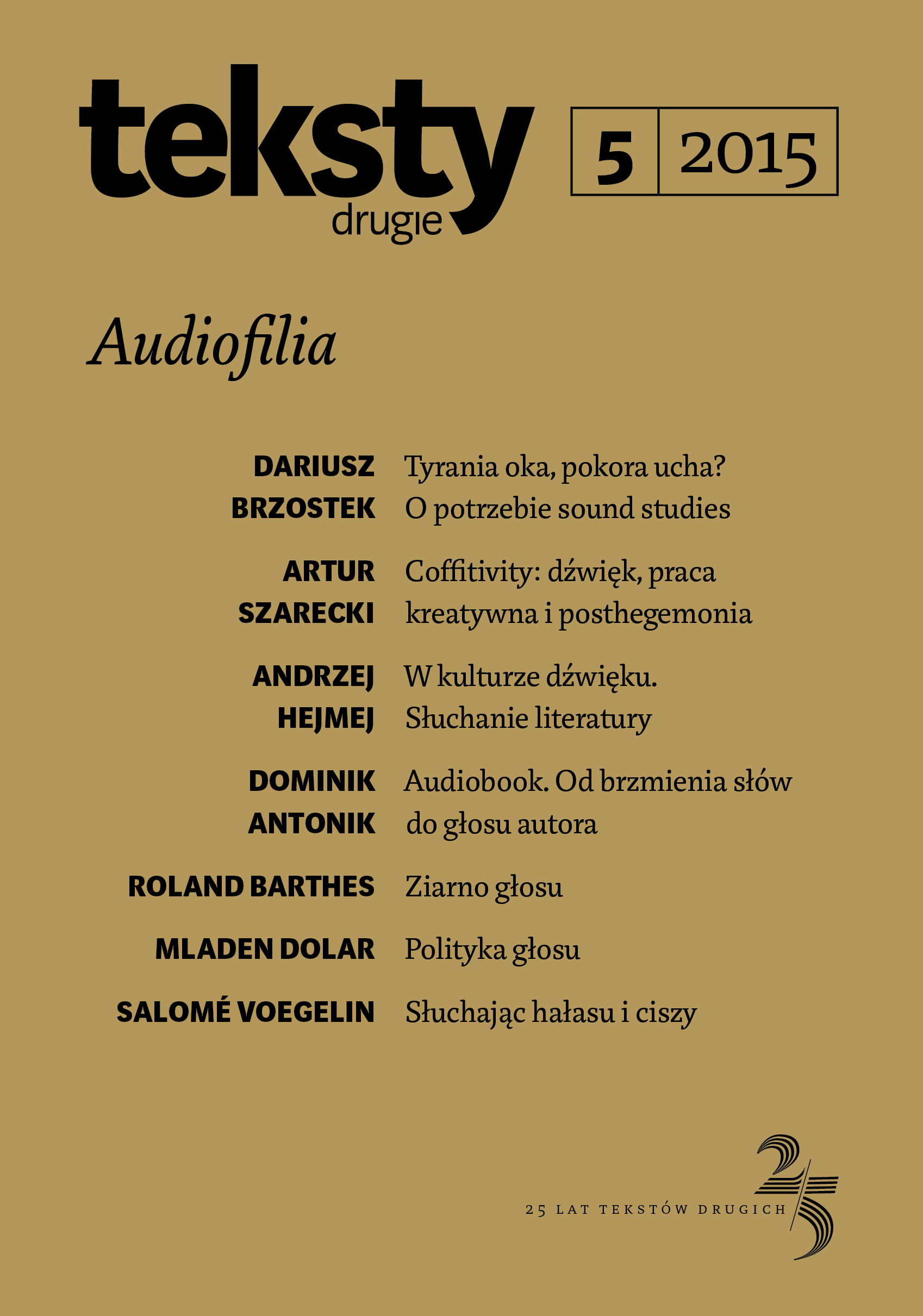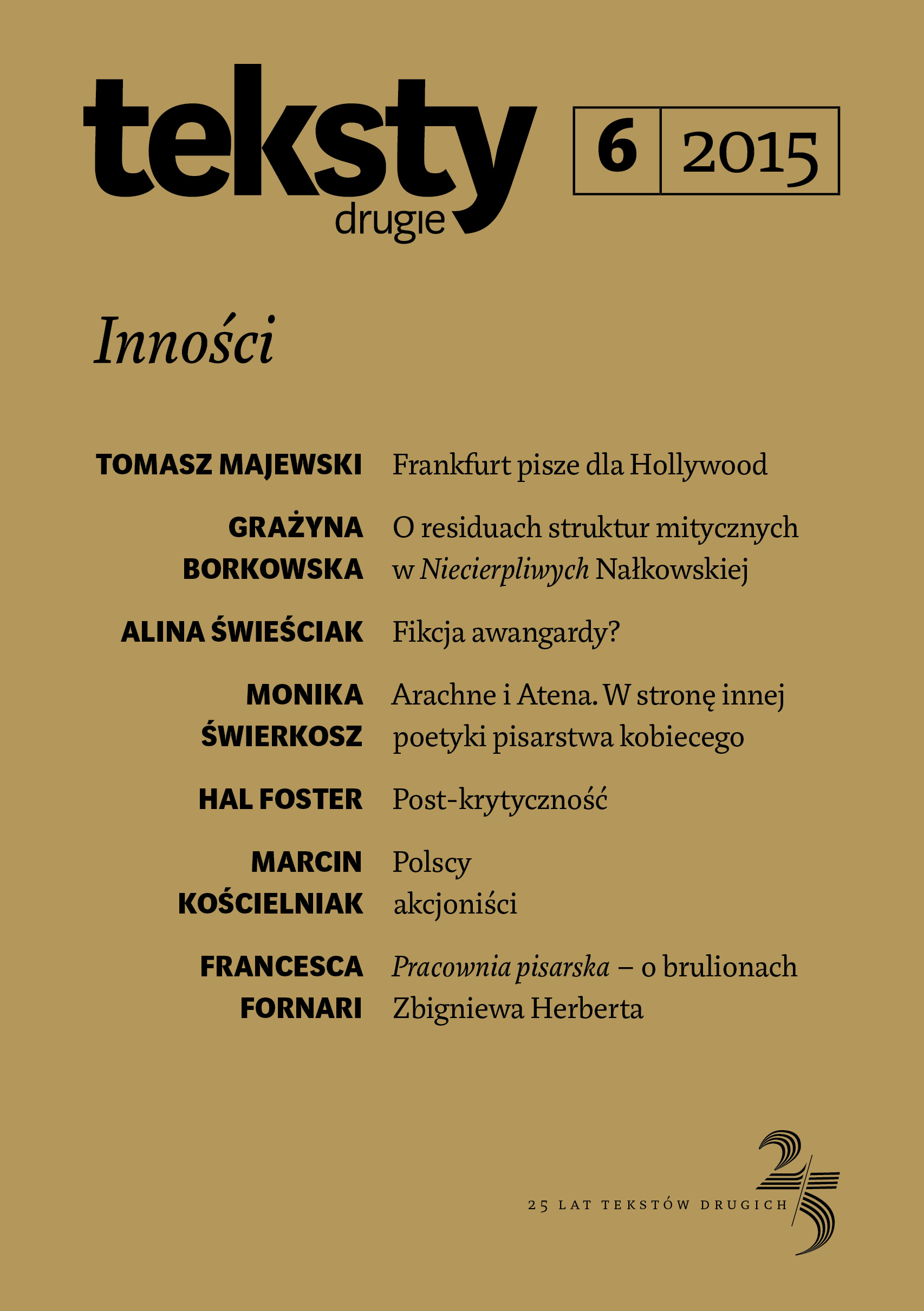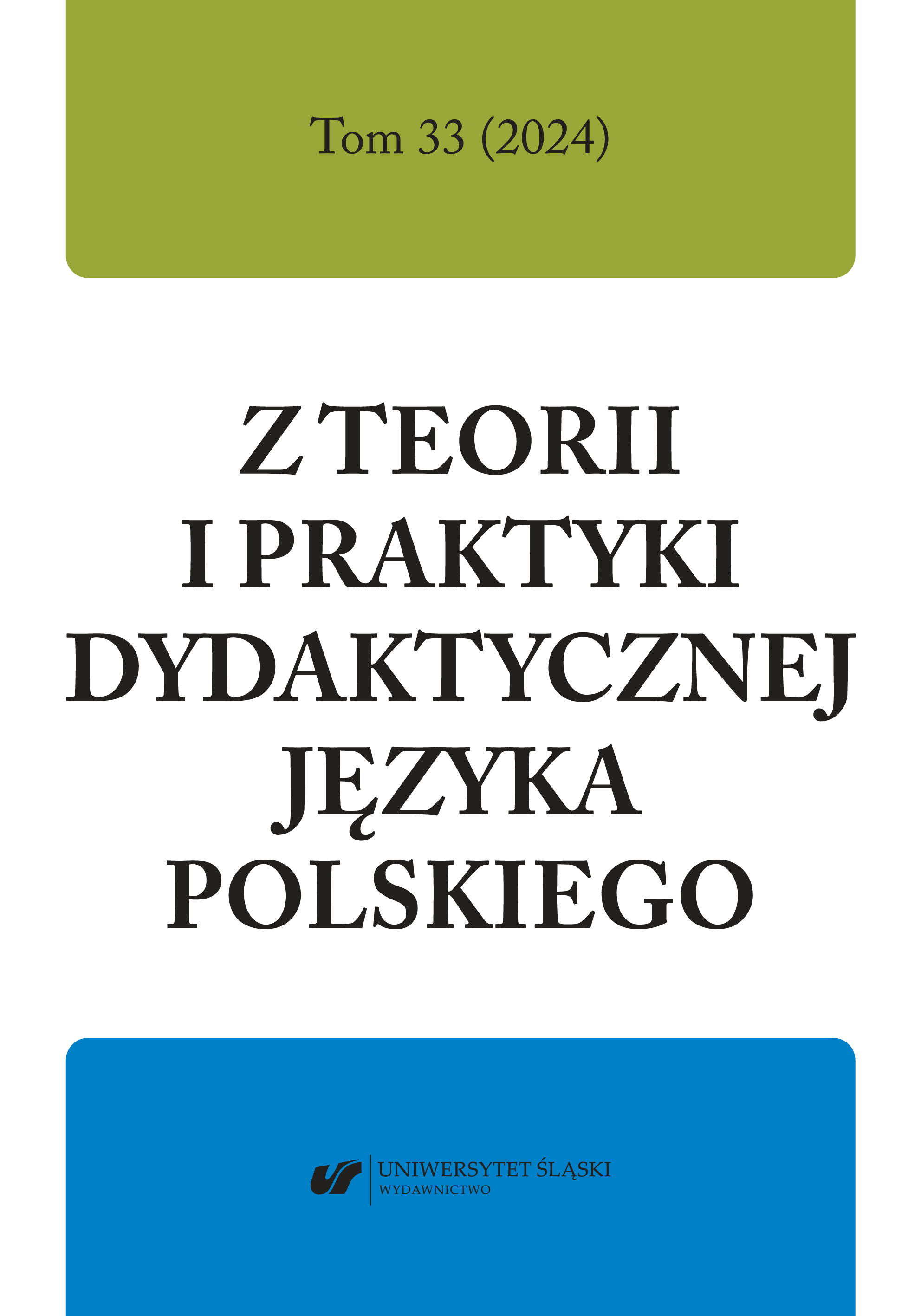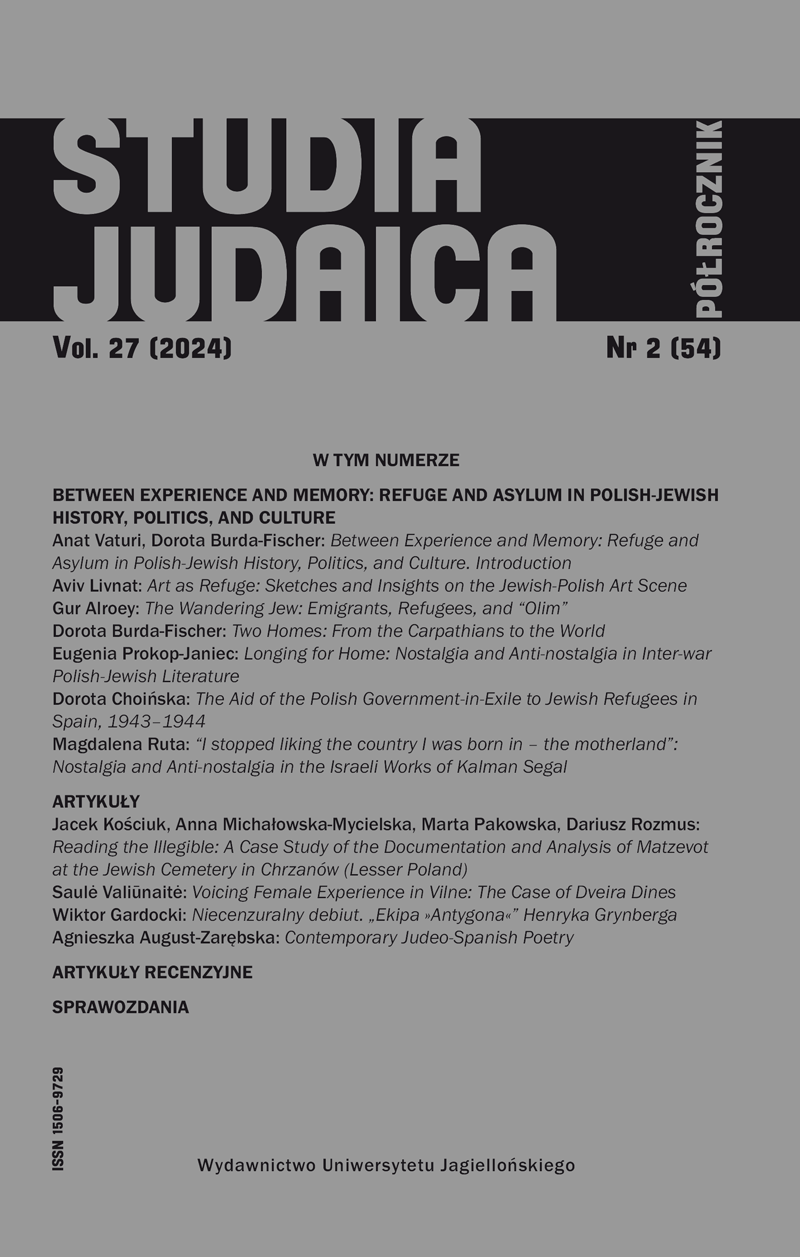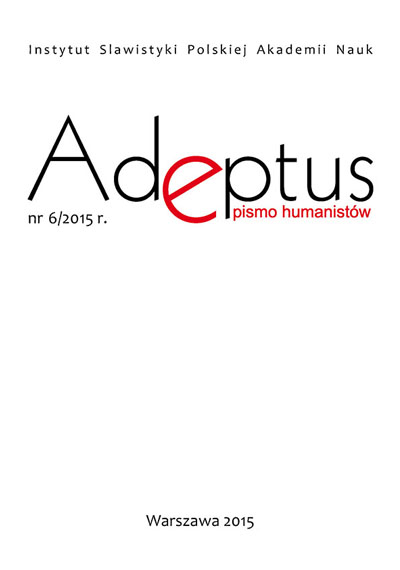
Powieść historyczna pod czujnym okiem cenzora – analiza tekstów
This article focuses on the relation that Jacek Bochenski’s historical novel entitled The poet Naso published in 1969 presents towards the concept of censorship. In the article the author aims at proving that the understanding of censorship by Bochenski is similar to the observations of the Hungarian essayist Mikos Haraszti. Tracking the allegoric references scattered through the novel, the author of the article reconstructs Bochenski’s reflection about this internalized censorship and checks its convergence with Haraszti’s remarks. From this exercise emerges a definition of the role of the artist that seems to be inherited from the romantic period: an artist as a person that subordinates himself unconditionally to art, and not to the temporal power. The author of the article then interrogates the respect which Bochenski has been showing to his definition in his literary work. It appears that the writer has been prone to make bigger concessions in order to soften the reception of his book by the censors than he advises his writing colleagues. However, the literary strategies deployed by Bochenski operate on two levels: creating an overall ambiguity about the guilt of its main protagonist, they tend to soften its reception by the censorship; while at the same time, rendering this overall atmosphere of ambiguity, they give a literary form to the spectral character of the guilt of the artist, who – as in Ovidius’ case – is permanently accountable for what he has not yet done in the building of communism.
More...
